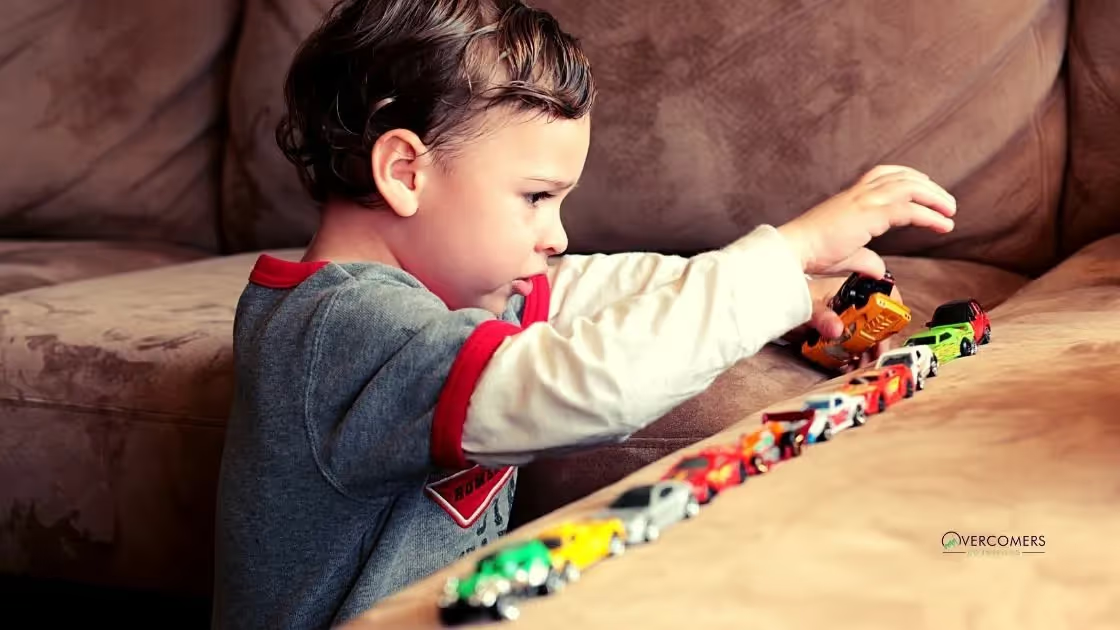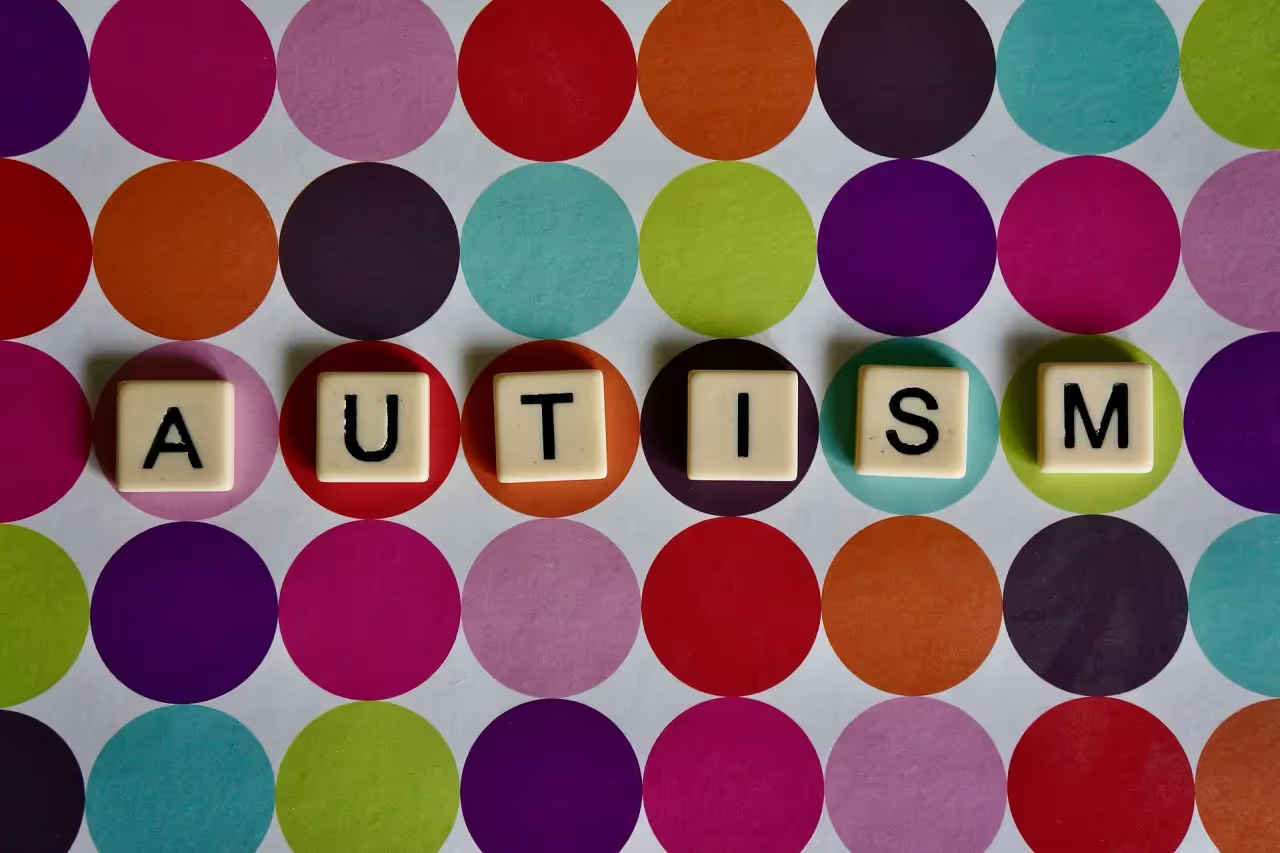Autistic people and their families are often faced with misconceptions about autism on a daily basis. There are so many misconceptions about autism, in...

Autistic people and their families are often faced with misconceptions about autism on a daily basis. There are so many misconceptions about autism, in fact, that it can be really difficult to change people's perspectives about the condition. Autism is only understood in the context of what people have learned about it, which makes it even more difficult to dispel. That's why we'll cover some of the most common myths about autism here so that you can understand the misinformation and get to the root of the problem.
People say that people on the spectrum are completely nonverbal because they believe it's a common characteristic of autism.The truth is that many autistic people can speak and have advanced verbal skills. It all depends on the severity of the autism and how much they are able to overcome obstacles. While it is true that some children with autism may never develop verbal language skills, many autistic people can have a wide-ranging vocabulary.Because communication with autism looks different than communication in non-autistic individuals, it is important to remember that not all cases of autism are nonverbal.
One of the most common misconceptions about autism is that autistic people don't care about their surroundings. This misconception is rooted in a lack of understanding about how autism presents itself. The truth is that autistic people just don't express emotions in the same way as neurotypicals. In fact, many people with autism want to be part of their surroundings but simply lack the tools to do so and are left frustrated when they can't interact with others. Because they can process information differently, autistic people can actually be hyper-aware of their surroundings.
One damaging misconception about autism is that people on the spectrum are dangerous. This stems from the fact that autistic people have different ways of processing information, and sometimes these ways can lead to self-harming behavior. A good example of this is that while people enjoy watching television on their own, many autistic people can't handle it. There are a lot of things that cause autistic people to feel overwhelmed, including too much noise and sensory input. When they're feeling overwhelmed, they may respond in an unexpected way, like having a physical outburst or becoming depressed. The truth is, most outbursts by autistic people are directed at themselves or their caregivers. That doesn't mean that what they're doing isn't a problem - it just means that we need to be clear when talking about autistic behavior.
Autism cannot be cured. It is a lifelong developmental disorder that requires lifelong support, therapy, and life adjustments. The idea that autism can be cured stems from the false belief that the condition isn't real. This misconception feeds into the idea that autistic people are broken or damaged. The truth is, many autistic people don't want to be "cured" of their autism because they see it as an integral part of who they are. Research has shown that there is no cure for autism because it is a neurodevelopmental disorder. Autism spectrum disorder does not discriminate, and neither should we.

Girls are often overlooked as a group of people who can be autistic. However, autism affects both genders and all races equally. We have to remember that there is no case of autism that is the same as another. The misconception about boys being more likely to be autistic stems from differences in how autism is diagnosed, and the fact it is often overlooked in girls until later in their development.
Autism is a complex disorder that affects how a person interacts in the world. Autism Spectrum Disorder can be confusing and misunderstood, but there are many misconceptions that are simply not true.Autism has become a more frequent diagnosis for many people. As more people meet and interact with autistic individuals, hopefully, more of these misconceptions will give way to greater clarity and understanding.And most importantly, you should always remember that every individual is unique.
No, we provide counseling (talk therapy) and medication management for individuals with Autism or those who may have Autism. However, if you require a formal evaluation involving comprehensive testing, we recommend consulting a Psychologist.